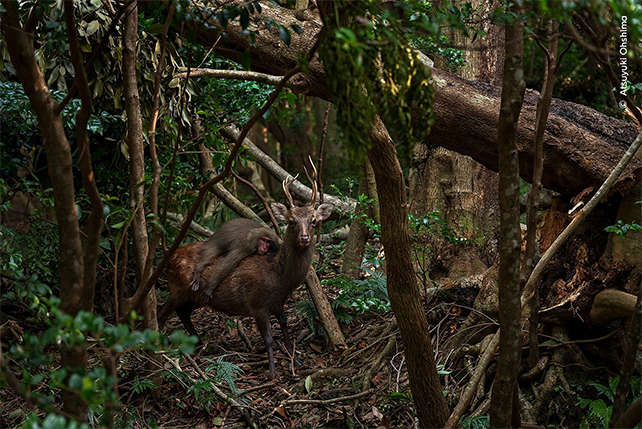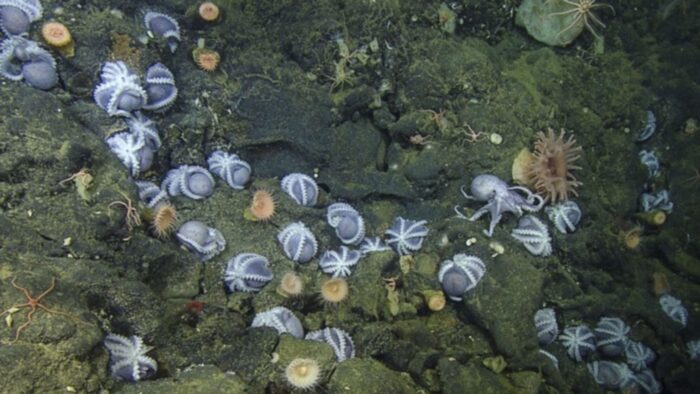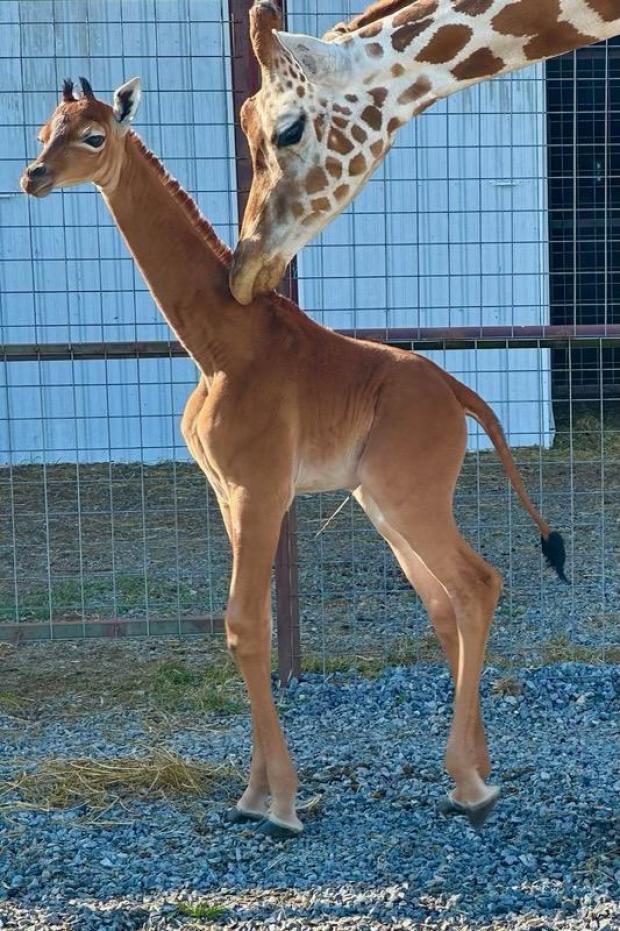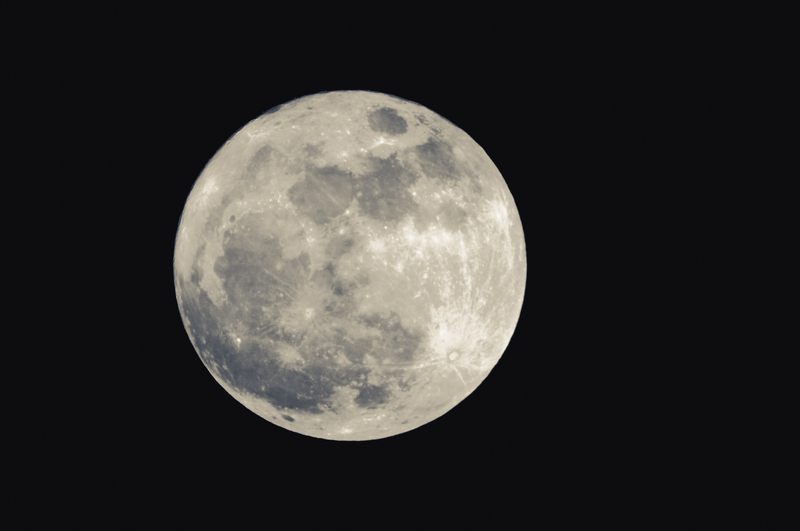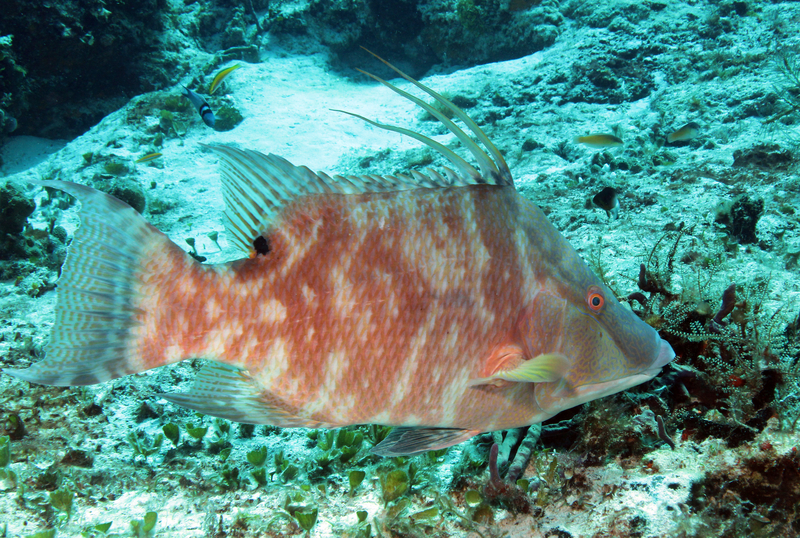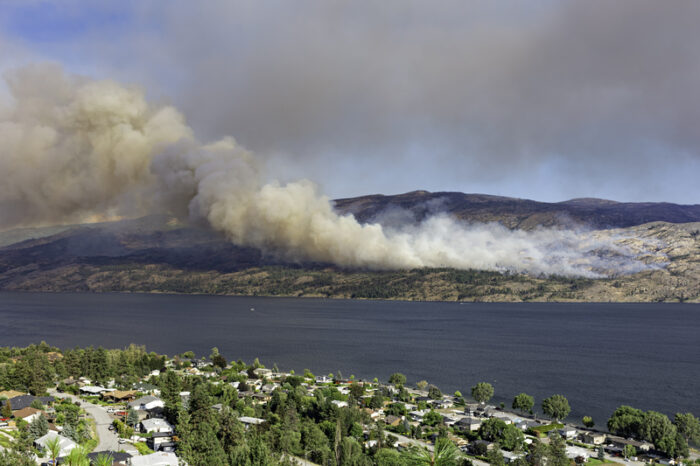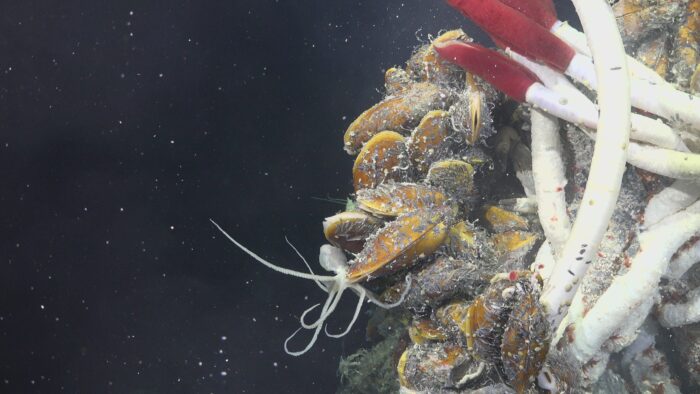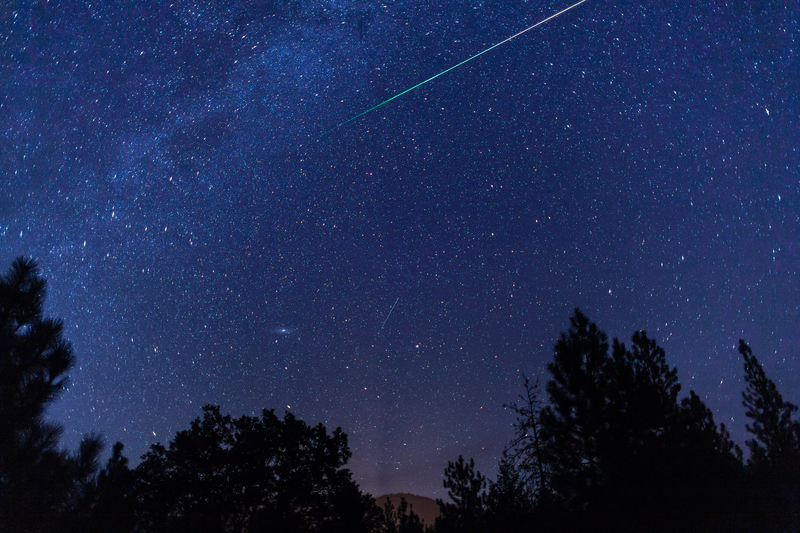What would we do without clean freshwater?
It may not be something that you think about that often. Or it may be something you think about all the time.
After all, there are communities in Canada that do not have clean tap water, something that so many of us take for granted. That makes today a pretty important one. Because today, March 22, is World Water Day.
This is a day that educates and spreads awareness about the importance of freshwater to the planet. This year, the theme is: 'Groundwater—Making the Invisible Visible'. Groundwater is a source of water that is underground, and there's more of it in the world than you might realize. It may even be your own community's main source of water!
We thought for a while about who we could interview to help us understand World Water Day. And then it hit us. How about none other than the founder of our magazine? Annabel Slaight!
A life dedicated to nature
Annabel started OWL magazine over 45 years ago. (That's right. We've been around almost half a century—woot!) After she left OWL, she continued to dedicate herself to the same ideals that the magazine was founded upon. That's education about nature and science, and how humans are connected to the world around them.
In particular, Annabel has always been drawn to the importance of water. She began the Ontario Water Centre over ten years ago, and then opened ClearWater Farm in 2016. These places exist to help set an example of how humans can better live in harmony with the natural world. Especially its water!
We're so excited to share our 'catching up' conversation with Annabel below. Happy World Water Day, everyone!
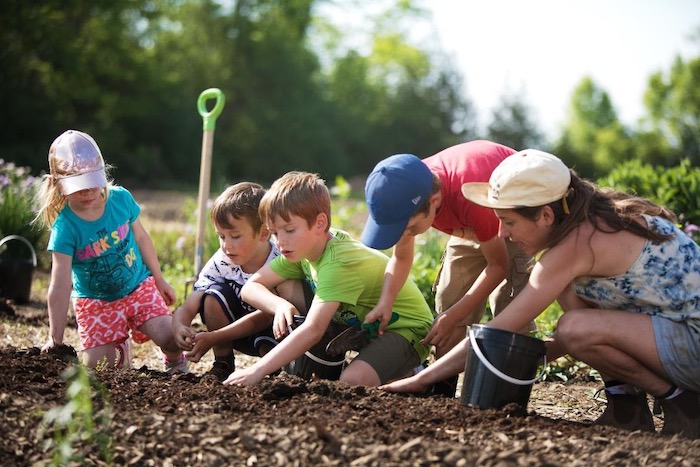
The water cycle is a huge part of the food we grow. (Courtesy of ClearWater Farm)
OWLconnected: This year's theme for World Water Day is “Groundwater—Making the Invisible Visible.” Why is groundwater so important and so misunderstood?
Annabel Slaight: Up, down, around, around! Perhaps THE greatest miracle of life on Earth is the WATER CYCLE. In the sky, under the ground and everywhere in between, water, constantly renewing itself, is the very reason that animals, people and plants exist on this planet.
Part of water’s circular journey is invisible. For example, rainwater becomes groundwater when it seeps through the giant 'sponge' that is the Earth, cleaning itself as it moves towards rivers, lakes, and oceans, or deeper downwards into aquifers that are like storage tanks.

Much of the water in our lakes was filtered through the Earth. (Courtesy of ClearWater Farm)
Our planet can be healthier if we treasure water, so even out-of-sight water should never be out-of-mind. Futurists are now thinking up ways we can see and enjoy water everywhere, including in greener cities. Got any ideas for this yourself?
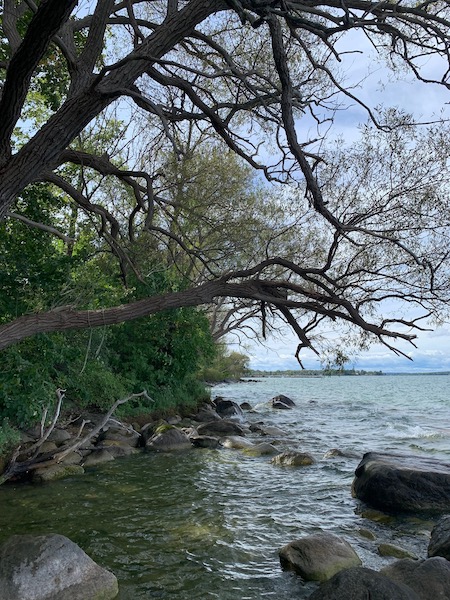
Lake Simcoe. (Courtesy of ClearWater Farm)
OC: What is the Ontario Water Centre and what does it do?
AS: We started the Ontario Water Centre about a dozen years ago to help Lake Simcoe, located just north of Toronto. It’s a large, but often-forgotten lake in the Great Lakes system of waterways.
People around the lake had also been forgetful, allowing water polluted with fertilizers and other bad stuff to seep into the lake from farm fields, roads, even homes and lawns. Because the underground 'sponge' couldn’t keep up with filtering and cleaning that much polluted water, the unfiltered runoff started making the lake sick. Lots of people said, “Stop.” We wanted to help even more people treasure water—and even be inspired by it—so they would want to look after it better.
OC: You opened ClearWater Farm in 2016 as an extension of the Ontario Water Centre. Why did you found the farm?
AS: We dreamt of a time and place where people would live in harmony with nature. We created a dream picture and started making it real by revitalizing an old farm on Lake Simcoe where early pioneers and Indigenous families had once gathered to help each other.
Today, at ClearWater Farm, young people are growing food without chemicals. Kids and families are enjoying music and art, and exploring nature. And everyone is enjoying the wonderful fresh food that the Young Agripreneurs grow, knowing this food is also helping the health of the lake. You can visit clearwaterfarm.ca to see more. There is a lot of “invisible water” in our dream picture seen below. Can you find it all?

A dream picture of ClearWater Farm. (Courtesy of ClearWater Farm)
OC: What has been the biggest challenge—and biggest lesson learned—in managing the farm?
AS: There are many challenges in starting up something new. But one of the challenges we faced also made us extra thankful for water.
In 2016, just as ClearWater Farm was getting going, a huge fire destroyed the beautiful 112-year-old barn! Firefighters had to bring water in pumper trucks to prevent the whole farm from going up in smoke. The lesson? Where there’s a will there’s a way.
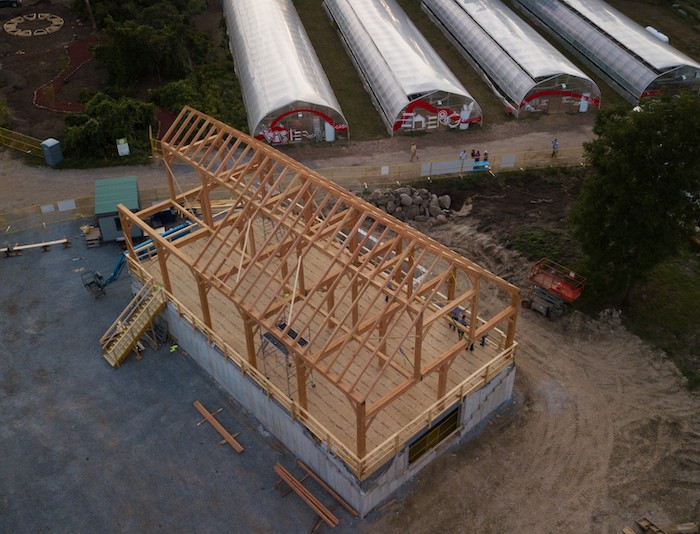
After a fire in 2016, Annabel and her team have been working on rebuilding the farm's barn. (Courtesy of ClearWater Farm)
After the firefighters’ arrival, kids came making models of what a new barn could be. And timber-frame builders from all over North America joined community members to build a new barn.
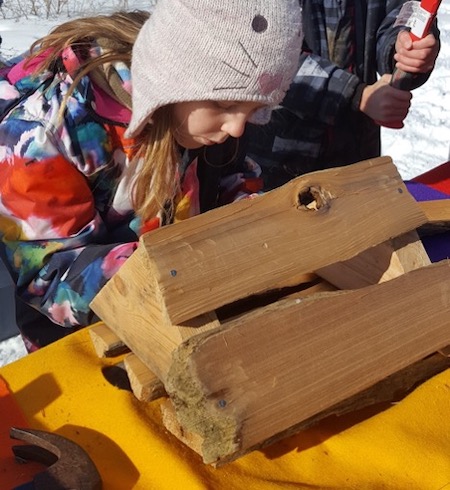
Kids even submitted their ideas of what the new barn could look like! (Courtesy of ClearWater Farm)
It took time and a lot of money, but a beautiful new barn will open later this summer—and it will honour water, for sure.
OC: We love that you're so involved in helping young people learn about water conservation and protection through ClearWater Kids. How do you help get kids connected to the water around them?
AS: Our approach to helping kids get connected to water—and to learning—can also be seen in OWL, Chickadee and Chirp magazines! We all have fun learning.
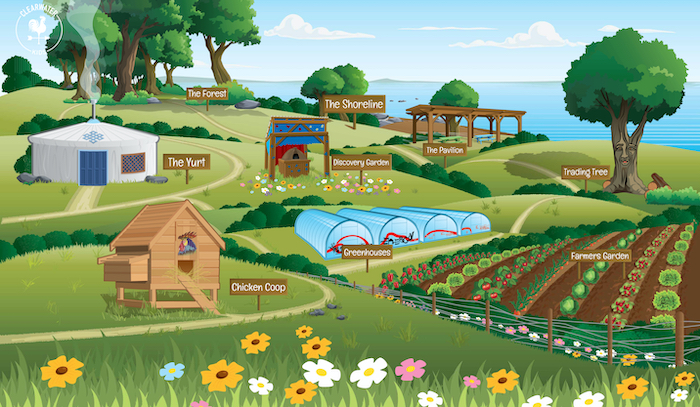
A fun screenshot from the ClearWater Kids website. The site is full of games and ways to learn. (Courtesy of ClearWater Farm)
You can experience this interactively at clearwaterkids.org, where you will be welcomed to a virtual ClearWater Farm by our special time-travelling chicken, Potato (who loves to eat potato peels). She offers all sorts of games, puzzles, videos, mini missions to solve, and more.
Learning is like an adventure. Nature—where much of the world’s real wisdom resides—offers lots of adventures to those who seek learning there.
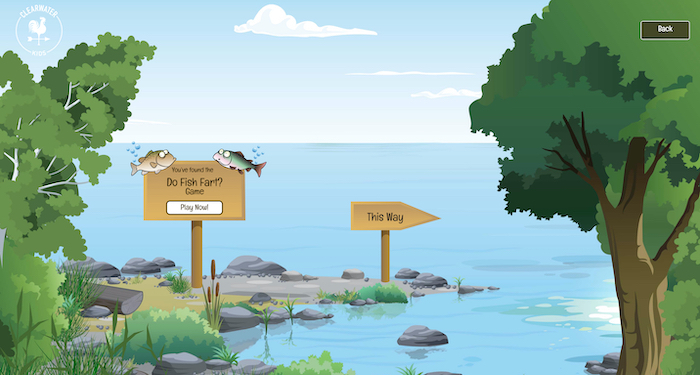
Fish farts? It's really an important part of nature! (Courtesy of ClearWater Farm)
OC: What are some ways that people can improve how they care for water today?
AS: A very simple way to care for water is simply to stop doing things that hurt it!
Water is one of the world’s most powerful forces, so it is able to heal itself—but we have to give it a chance to do this. We simply need to treasure water—even LOVE it—and then it just becomes natural to admire its marvellous circular cycle while we re-use it.
We are always re-using water. There is only so much of it on Earth, cycling round and round the water cycle. And, yep, that does mean the water you drink today might once have been a dinosaur’s pee!
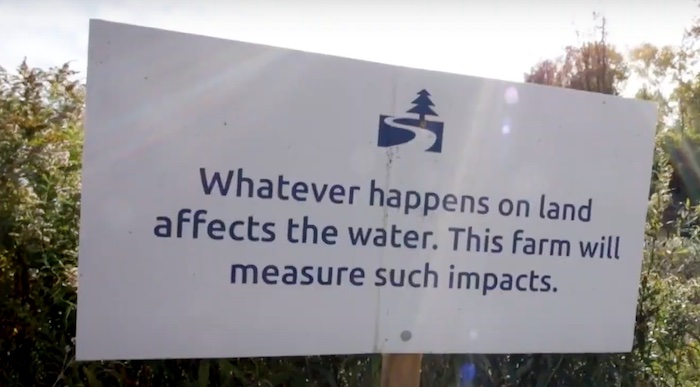
How we care for the land is a part of protecting the world's water. (Courtesy of ClearWater Farm)
OC: What is the biggest danger facing the world's water in 2022?
AS: Pretty simple: If more people don’t start loving water and not hurting it, all the forms of life that depend on clean water will suffer. People a few years ago suggested we hug trees to show how much we care. Everyone laughed, but now we understand how much trees affect climate change and life on Earth, so it’s not so silly to hug them. Can we do something similar to say we love water? Any ideas?
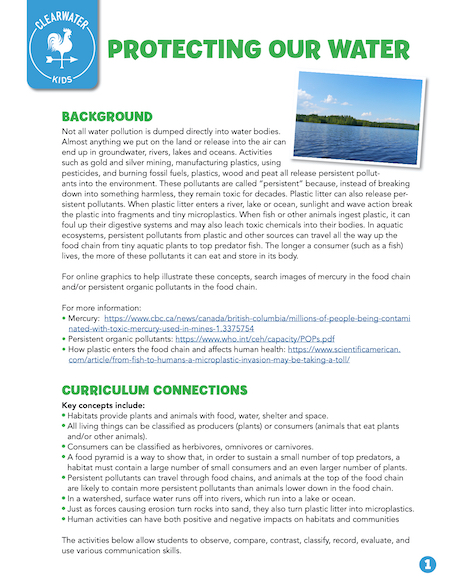
There are lots of ways that you can help protect the world's water. (Courtesy of ClearWater Farm)
OC: What is the biggest source of optimism that you have for the world's water?
AS: Water itself is the biggest source for optimism as it is both marvellous and awe-inspiring. Watch raindrops chase down a window pane, or listen to the ocean’s roar! They invite your appreciation.
Animals understand this, too. For example, chimpanzees will express their love of water by dancing in the rain. You can see other animal celebrations of water in your own ’hood. Just grab a pal and head out into a spring rainfall and see what you can see.
OC: Most of our readers would not know this, but you are the founder of our magazines here at Owlkids (thanks for doing that, by the way!). What are you most proud of when you look back at making magazines?
AS: Those of us who invented these magazines are most proud of what we learned from our readers, and I bet the current team feels this way, too. (We do, Annabel!)
We really loved hearing from our readers, as their ideas helped us make learning more fun for more kids. I’d still love to hear from all of you out there today at annabel@ontariowatercentre.ca. Do you have an idea or two about ways we can show others how much we treasure water, and why it’s important to do so?
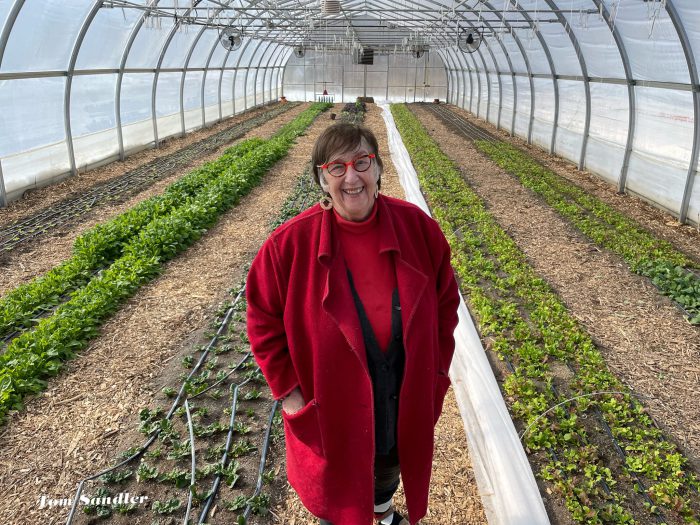 Annabel Slaight has turned a farm near Lake Simcoe—called ClearWater Farm—into an example of sustainable living. (Tom Sandler)
Annabel Slaight has turned a farm near Lake Simcoe—called ClearWater Farm—into an example of sustainable living. (Tom Sandler)
